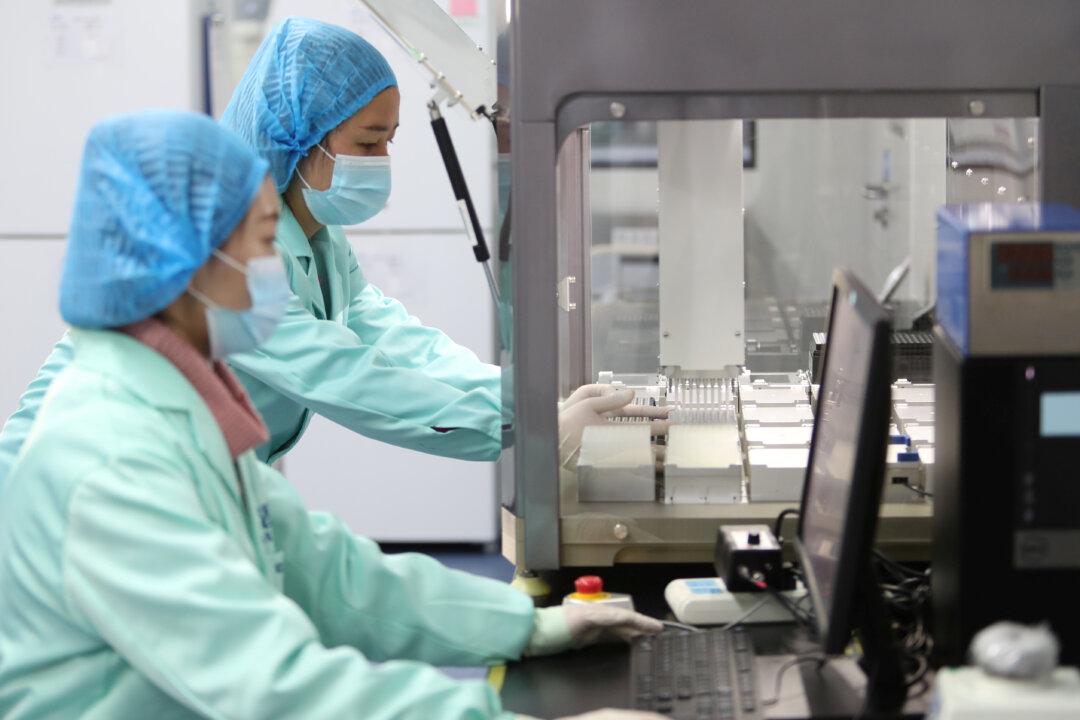Commentary
In this three-part series, Anders Corr criticizes China’s harvesting of genetic information on a global scale. Part I details the harvesting by BGI, a Shenzhen-based company that is the object of U.S. government warnings. The company’s gene harvesting, through prenatal tests, yields gigabytes of data used by the Chinese military for research that singles out the Uyghur and Tibetan minorities, sounds close to eugenics, and could facilitate the next generation of gene-targeted bioweapons. Part II gives the history of BGI, including its collaboration with a Harvard professor’s private company, set up to send genetic data to Hong Kong. Part III reveals a Harvard student’s virtual internship at BGI, and legal strategies for protecting American genetic data from finding its way into China’s military research facilities. The United States and allies should immediately end the sharing of genetic data with China, which does not share its genetic data with foreigners. Harvard should likewise end its irresponsible cooperation with BGI, a Chinese company that is engaged in unethical science, and that is the subject of U.S. government warnings.





